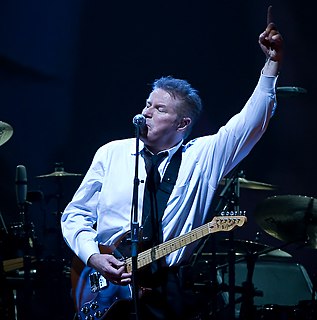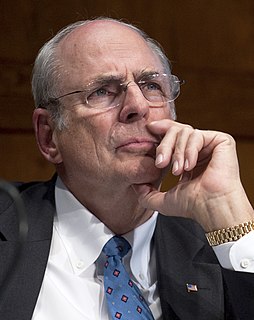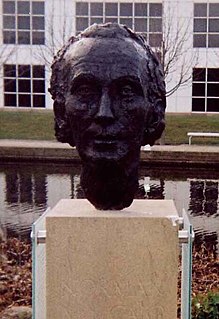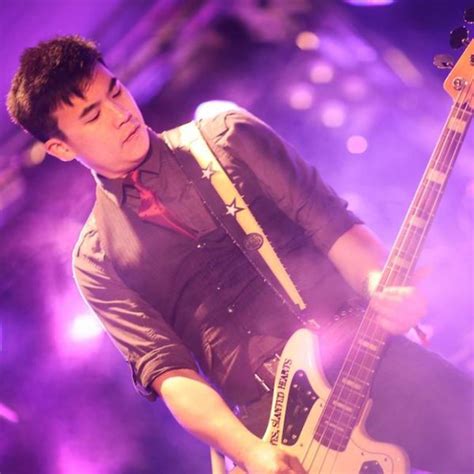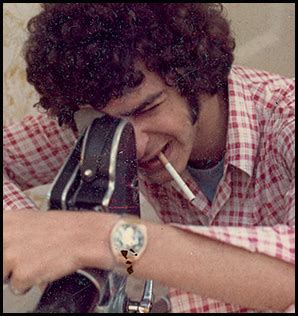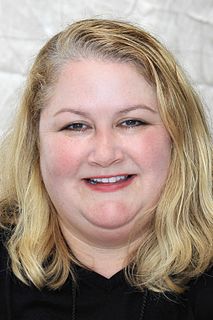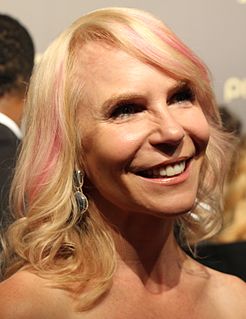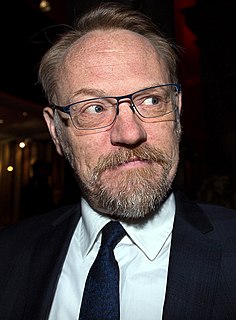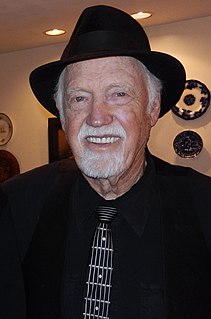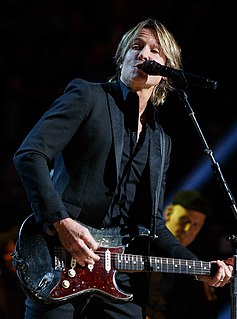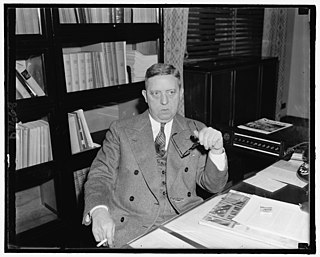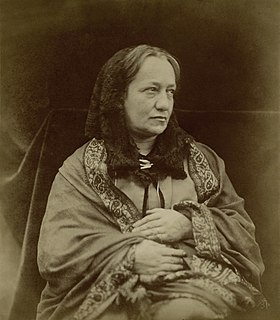Top 1200 Meanings Of Words Quotes & Sayings - Page 20
Explore popular Meanings Of Words quotes.
Last updated on April 21, 2025.
I sometimes hold it half a sin To put in words the grief I feel For words, like nature, half reveal And half conceal the soul within. But, for the unquiet heart and brain A use measured language lie's The sad mechanic exercise Like dull narcotic's, numbing pain In words, like weeds, I'll wrap me o'er Like coarsest clothes against the cold But large grief which these enfold Is given in outline and no more.
The web's democratic in one way and distinctly undemocratic in another way. And I think a lot of the confusion about the political ramifications have to do with that one word having so many meanings. So, it's democratic in that it quite literally delivers power to the people; it, it essentially opens up participation in the public's mind.
America is the promised land, because each generation bequeathed to its children a promise, a promise that they might not come to enjoy but which they fully expected their offspring to fulfill. So the words 'all men are created equal' took a life of its own, ultimately destined to end slavery and enfranchise women. And the words 'equal protection' and 'due process' inevitably led to the end of the words 'separate but equal,' ensuring that the walls of segregation would crumble, whether at the lunch counter or at the voting booth.
I hope and believe my co-religionists understand and admit that I disclaim their theology in toto, and that by no twisting of language or darkening of its meanings can I be made to have any thing whatever in common with them about religious matters... they must take my word for it that there is nothing in common between their theology and my philosophy.
Mindfulness is developing an awareness of the thoughts and feelings that we move through without getting drawn into the meanings or taking action or getting sucked into the story. Like house guests, eventually they all leave. We become more attuned to being a container for those things and less identified with them.
A layman will no doubt find it hard to understand how pathological disorders of the body and mind can be eliminated by 'mere' words. He will feel that he is being asked to believe in magic. And he will not be so very wrong, for the words which we use in our everyday speech are nothing other than watered-down magic. But we shall have to follow a roundabout path in order to explain how science sets about restoring to words a part at least of their former magical power.
Art. Its definitions are legion, its meanings multitudinous, its importance often debated. But amid the many contradictory definitions of art, one has always stood the test of time, from the Upanishads in the East, to Michelangelo in the West: art is the perception and depiction of the sublime, the transcendent, the beautiful, the spiritual.
My central thesis is that combining increased temporal and spatial resolution in MRI techniques with increasingly powerful data correlation techniques will allow the derivation of interpreted meanings from neural signals. I observed, further, that the techniques that exist already allow some correlations.
How long have I been here, what a question, I've often wondered. And often I could answer, An hour, a month, a year, a century, depending on what I meant by here, and me, and being, and there I never went looking for extravagant meanings, there I never much varied, only the here would sometimes seem to vary.
Writing well isn't just a question of winsome expression, but of having found something big and true to say and having found the right words to say it in, of having seen something large and having found the right words to say it small, small enough to enter an individual mind so that the strong ideas of what the words are saying sound like sweet reason.
I wish I could take language And fold it like cool, moist rags. I would lay words on your forehead. I would wrap words on your wrists. 'There, there,' my words would say - Or something better. I would ask them to murmur, 'Hush' and 'Shh, shhh, it's all right.' I would ask them to hold you all night. I wish I could take language And daub and soothe and cool Where fever blisters and burns, Where fever turns yourself against you. I wish I could take language And heal the words that were the wounds You have no names for.

